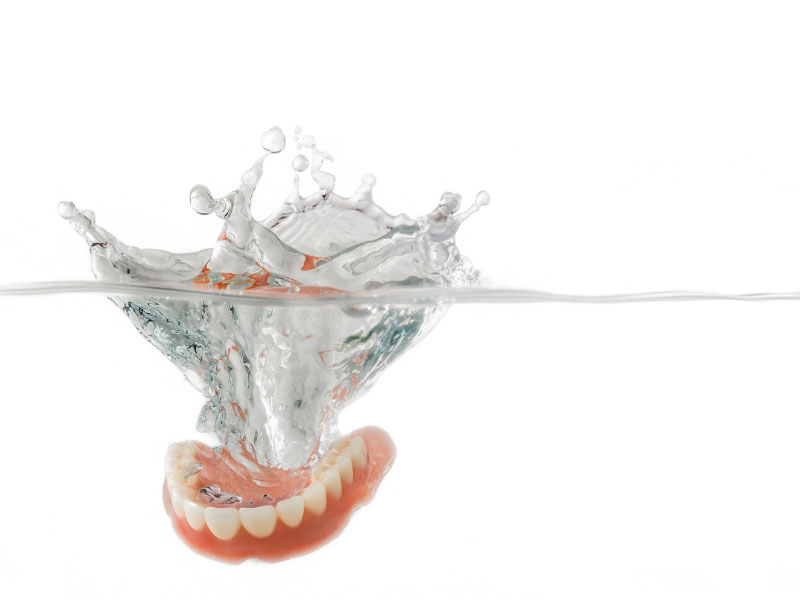Your Complete Guide to Better Smiles with Dental Implants
A lost tooth can impact more than just how you look. It can change the way you talk, chew, and even how sure you are when you chat to other people. For many people, dental implants are the greatest solution to restore missing teeth and gain back a smile that looks and feels like their own.
Dentures can come loose, and bridges may need to be changed to fit teeth that are close by. Implants are not like either of these. This means that they are the most like having real teeth again.
What Sets Dental Implants Apart?
Implants are made to look and feel like actual teeth. There are three primary parts to them:
- Implant Post: A titanium screw that connects to the jawbone and works like a tooth root.
- Abutment: A component that connects the implant to the new tooth.
- Crown: The part that you can see that looks like the teeth around it.
This construction keeps the jawbone strong and stable, which is very important because it could break down if you lose teeth. Implants can stop the "sunken" look that happens when teeth are absent for a long time by making the bone develop.
Who Can Get Implants?
Most adults who are missing one or more teeth are good candidates. You might be a good fit if you:
- Your gums are healthy and there is no sickness going on.
- Have enough bone to support the implant (or be willing to have bone grafting done if necessary).
- Do not smoke a lot or be ready to quit while you heal.
- Are normally healthy and can handle minor dental surgery.
Bone grafting makes it possible for those who have been without teeth for years to have implants.
Why a Lot of People Pick Implants
People often ask, "Are implants really better than dentures or bridges?" The answer is in the benefits they bring in the long run:
- Look and feel natural, and fit in perfectly with your smile.
- Strong enough to survive for decades, or possibly a lifetime.
- Stay safe—no slipping or moving around like dentures.
- Keep your jawbone strong and stop bone loss.
- Make people feel better about smiling, eating, and talking.
It’s not only about getting new teeth; it’s about getting your life back.
How the Process Goes
There are usually a few steps in the treatment journey:
- Step 1: Talk to someone – Your dentist or oral surgeon will look at your mouth, take X-rays or 3D scans, and make a plan just for you.
- Step 2: Putting in the implant – The titanium post is put into the jawbone during surgery. You will be comfortable with the anesthesia.
- Step 3: Healing (Osseointegration) – The implant will bond with the bone over the course of several months, creating a solid base.
- Step 4: The Crown and Abutment – After the healing process is over, a connector and a bespoke crown are put in to finish the restoration.
The schedule is different for each patient, but the ultimate result is worth it: a tooth that looks and works like a real one.
What to Expect After Surgery and While You Are Healing
Most people feel that getting better after implant surgery is easy. A general timeline:
- First 48 hours: Ice packs and medicine helped with little edema and pain.
- First week: Start doing light activities again and eat soft foods.
- 2 to 6 weeks: The implant settles in, and daily life goes back to normal.
- 3 to 6 months: After the healing is complete, the final crown is put on.
Quick Recovery Tips:
- Eat things like yogurt, eggs, oats, and soups that are soft.
- To speed up healing, don’t drink alcohol or smoke.
- To maintain the area clean, brush and rinse it carefully.
- Go to follow-up appointments to check on your progress.
How Long Do Implants Really Last?
If you take care of them, dental implants are meant to last a lifetime. Crowns may need to be replaced every 10 to 15 years because they wear down over time, but the implant post normally stays in place for good. Things that affect how long implants last include:
- Brushing and flossing every day.
- Regular trips to the dentist.
- Avoiding habits like grinding, or wearing a night guard if you need to.
- A healthy way of life that doesn’t involve too much smoking.
Questions That Are Often Asked
- Is the process going to hurt?
No. Anesthesia makes sure that you are co



